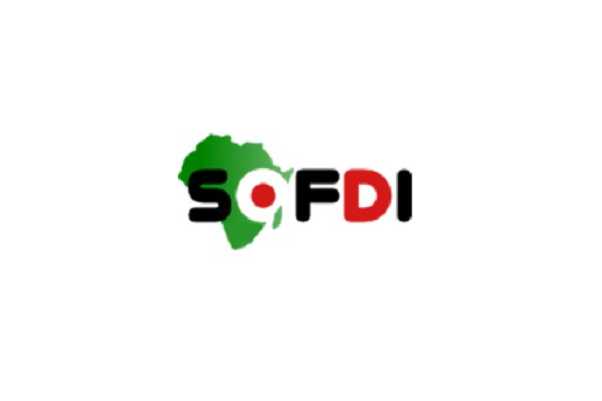Clean Water through Spring Protection SOFDI Kenya
Sustainable Organic Farming and Development Initiatives (SOFDI) was started over 15 years ago with a vision to support and empower the hardworking farmers of Western Kenya.
Over that time the SOFDI’s Swiss Founder, Brigitte Frey, has personally guided and grown the program, bringing in a wealth of insight from years of living and doing business in Kenya, and building a network of local and international experts and stakeholders together along the way. Her strategic decision to focus on one geographical area has allowed her to really learn first-hand what works on the ground and to invest in sustainable programs. This includes training farmers on climate-smart and nutrition-sensitive agriculture to improve food security, promote healthy diets, and sustainable livelihoods through farming.
A cornerstone of this work is providing access to clean and safe drinking water through spring protection.
Less than 13% of the population in rural Kenya has piped water. Most rural residents are forced to collect water from unimproved sources like streams, rivers, pooled groundwater, or unfiltered rainwater. Collecting water from open sources like these comes with high risks to health and at a high cost in terms of productivity lost due to time wastage and resulting illness. Stagnant water sources are also a breeding ground for Malarial mosquitos and unsafe conditions are dangerous for the many women and children responsible for fetching water.
The UN’s Sustainable Development Goal for water and sanitation, Goal 6, calls for universal and equitable access to safe and affordable drinking water by 2030. While the ideal of safe water available directly in each rural home still remains a distant vision in Western Kenya, the first step of providing everyone with a basic service within a 30-minute round trip is achievable and this project contributes towards that.
The sponsorship of 400CHF per spring covers the cost of materials, construction, and project management. All other overhead costs will be carried by A Better World / SOFDI.
For each sponsored spring, SOFDI thoroughly documents the whole process from application to certificate of completion, including photo documentation at each stage of protection. For each sponsored spring, the Lion’s Club/Donors will receive the following documentation (usually available 2-3 month after sponsorship is committed):
- the geographical coordinates of the spring to remotely identify the exact location;
- photo documentation of the site, the completed spring, and the inauguration;
- photos of the on-site brass plaque, engraved with the donor’s name (e.g. “Funded by: Lion’s Club - Zurich Cosmopolitan”);
- a letter of thanks from the community;
- an official document from the local authority, confirming the protection of the spring;
- a sample of the documentation provided can be viewed here: https://bit.ly/34AIYQN







